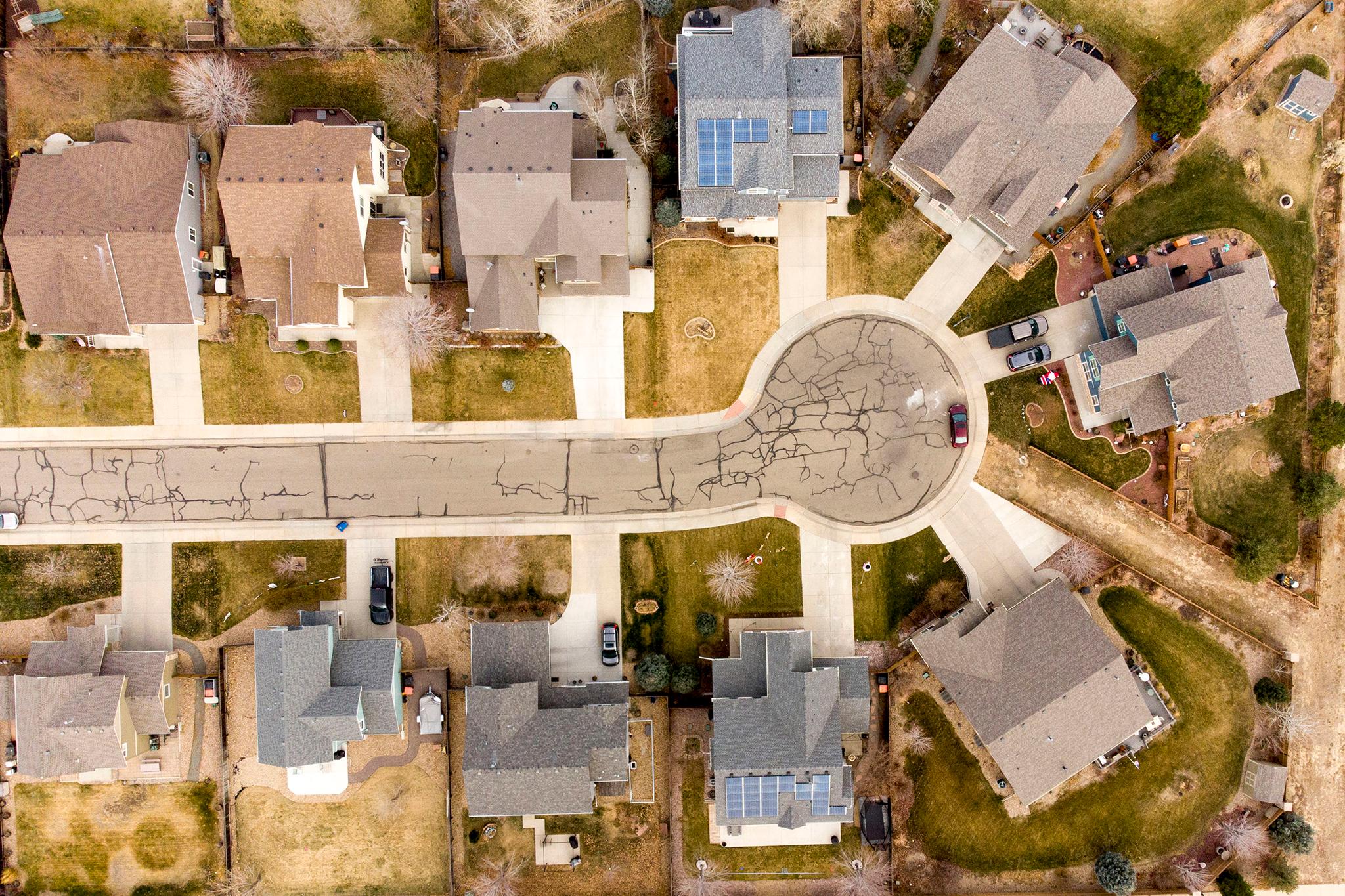
Colorado voters are expected to vote this November on a measure that would reduce property tax rates — while also shrinking TABOR refunds — for a decade.
The ink on the plan isn’t dry yet —quite literally, since Gov. Jared Polis hasn’t yet signed the paperwork. But a conservative group is already going to court to try to stop the proposal.
The lawsuit argues that the tax proposal violates the state’s “single subject” requirements, which say that a measure can’t bundle multiple different policy areas into one bill or proposition. The lawsuit was filed by the conservative group Advance Colorado and by Steven Ward, a member of the Englewood City council.
The plaintiffs also argue that the text of the ballot measure is vague and unclear.
“Voters deserve to know that they would be giving up their TABOR tax refunds in exchange for very little property tax relief,” said Michael Fields of Advance Colorado in a written statement.
Meanwhile, Advance Colorado is also going through the process to put a competing property tax cut on the fall ballot.
Democrats in the legislature moved to put their tax proposal on the ballot by passing SB23-303 in the final days of session.
If it’s approved by voters, the measure would reduce property tax rates — and therefore slow the growth of property tax bills — for property owners across the state. However, when tax rates are lower, that means comparatively less money for local governments and schools. To make up for some of that, the referendum also authorizes “backfill” money to those entities — which the state would be allowed to pay for by taking money out of the TABOR refund pool.
In effect: smaller property tax bills, but fewer TABOR refund dollars too.
A separate bill, HB23-1311, would change how TABOR refunds are paid for one year only, benefiting households making under $100,000 while reducing refunds for others — but only if the larger package passes.
The text of the ballot measure, known as Prop. HH, explains that it will affect the “state surplus.” The surplus is what is used to pay for TABOR refunds. However, the ballot measure makes no direct mention of TABOR refunds — though that will likely be addressed in the Blue Book that is distributed to voters.
The ballot issue, as written by the legislature, states:
“Shall the state reduce property taxes for homes and businesses, including expanding property tax relief for seniors, and backfill counties, water districts, fire districts, ambulance and hospital districts, and other local governments and fund school districts by using a portion of the state surplus up to the Proposition HH cap as defined in this measure?”
The plaintiffs want a judge to effectively block the measure from reaching the ballot, declaring that the state legislature’s effort to create the initiative is “null and void.” Alternatively, if the court won’t go that far, they want the ballot title rewritten to be “clear, detailed and politically neutral.”
Fields said that the plaintiffs filed suit so quickly because they were worried the legal window of opportunity would soon close, he said.
A spokesman for Polis declined to comment on the lawsuit itself, but said the governor “is hopeful the plaintiffs of this lawsuit will not deny the voters the ability to prevent steep increases in their property tax bills.”
Senate President Steve Fenberg said the proposal’s backers are “confident SB23-303 was crafted within the confines of the law, and we look forward to proving its constitutionality,” adding that the proposal is “transformative.”
The lawsuit was filed on Monday in Denver district court. The court has yet to schedule a hearing.









